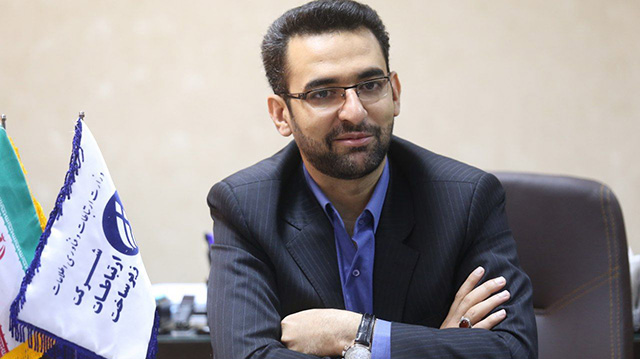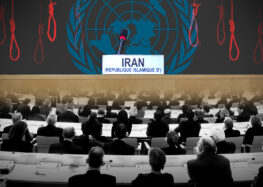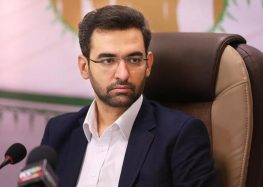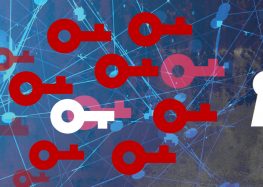Rouhani Could Appoint Surveillance Expert From Ahmadinejad Era to Telecommunications Ministry

Mohammad Javad Azari Jahromi could become Iran’s new telecommunications minister.
Javad Azari Jahromi Enters Spotlight By Unblocking YouTube and Blogger in Universities
President Hassan Rouhani is considering nominating a former top intelligence official in charge of surveillance from the Ahmadinejad administration to serve in his cabinet, a source in the Information and Communications Technology Ministry told the Center for Human Rights in Iran (CHRI).
Rouhani, who will submit his cabinet nominees to Parliament for approval at the beginning of his second term following his inauguration on August 3, 2017, may nominate Mohammad Javad Azari Jahromi to replace current Telecommunications Minister Mahmoud Vaezi.
Jahromi, who was appointed by Vaezi to head the state-owned Telecommunications Infrastructure Company of Iran in 2016, is currently Vaezi’s deputy at the telecommunications ministry.
“Mr. Jahromi was an Intelligence Ministry director in charge of surveillance under President Mahmoud Ahmadinejad’s second administration [2009-13],” said the source, who spoke to CHRI on the condition of anonymity. “This has caused a lot of concern that he could replace key experts with security officials.”
“(Deputy Telecommunications Minister) Nasrollah Jahangard was the frontrunner for the top job, but last week news reached staff at the ministry that he was no longer a serious contender and it will probably be offered to Mr. Jahromi,” added the source.
The possibility of the ministry being controlled by someone who led surveillance operations during Ahmadinejad’s second term, which began with the mass arrests and imprisonment of activists who had peacefully disputed his election, has raised concerns among Iranian internet freedom advocates.
However, at least for the time being, Jahromi, 36, has said he is in favor of improving access to the internet. In a post on his Instagram page on August 1, he broke the news that he had mediated the unblocking of two major websites to be accessed solely by Iranian university students.
“After gaining the approval of the prosecutor general [Mohammad Jafar Montazeri], we have received a letter to remove the filter on YouTube and BlogSpot in the country’s universities,” wrote Jahromi.
“We will work on expediting the implementation of this decision,” he added.
The access will be granted via user authentication; meaning only university ID-holders will be able to access the websites.
According to the opposition news site Kalame, Jahromi was hired by the security division of the Intelligence Ministry in 2002 and was appointed in 2009 to head the Ahmadinejad administration’s expanding online surveillance operations to monitor and suppress online activity deemed objectionable by the state.
During his May 2017 re-election campaign, Rouhani boasted about resisting attempts by conservatives to limit freedom of access to information and expression on the internet.
“For three and a half years, the government resisted pressure to shutdown social media,” said Rouhani at a campaign rally in Tehran on May 13, 2017. “The time has passed when only the state radio and television organization could dominate the people’s minds.”
“If today everyone has access to information about the world, it is because of the efforts of my government,” he said at a different rally in Tehran a day later. “As you know, some wanted to ban social media networks, but I stood against them.”
However, while Rouhani called for less governmental control over the internet, which is heavily restricted and censored in Iran, he also allowed the development of projects designed to monitor cyberspace and suppress dissent online.
His administration has poured millions into the country’s state-produced domestic internet service, the National Information Network (NIN), which offers financial incentives to entice Iranians to use it over the freer worldwide web while granting the state greater surveillance capabilities and control over the content NIN hosts.
Iranian online users have been imprisoned during Rouhani’s first term (2013-17) for the content of their personal social media postings. “Seven million” websites were also blocked during Rouhani’s first term, according to recent comments by Vaezi.






